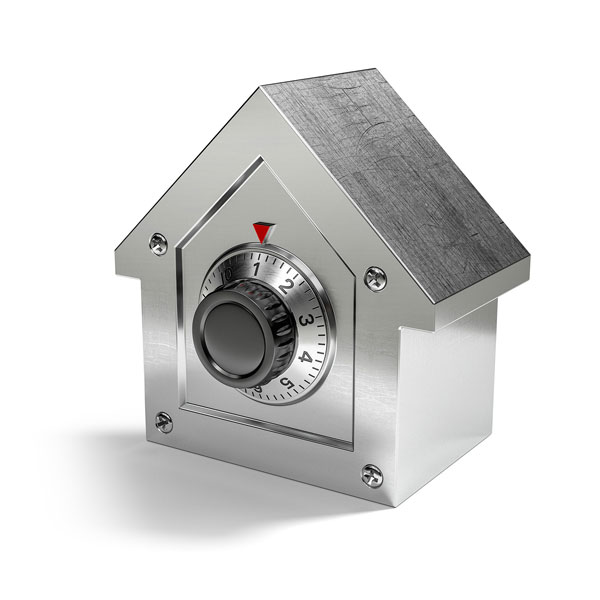VETTING TENANT TIPS
Tips for self-managing landlords when vetting tenants.
Self-managing property for some landlords can seem like a daunting task. There are a lot of stories out there of how bad or horrible tenants can be. But you don't hear any of the stories about the good or even great tenants out there. I would argue that there are more good tenants than bad.
There is however a chance that you might run into a bad tenant at least once.
In this article we will give some tips on how to 'filter out' the good applicants from the bad in the process of getting tenants for your self-managed property.
Needless to say you should also meet with tenants face to face before starting the vetting process to know if the tenants might be a right fit.
When looking at prospective tenants make sure you do your homework. Getting the proper information from them can give you the upper hand in vetting tenants. Saying no to a prospective tenant now can save you lost of wasted time.
Make sure you do your homework on prospective tenants. It's not every day you rent out to new tenants so spending some time on vetting tenants can help allot in the future.
Here are some tips on some of the things you can do to filter prospective tenants and some key information you should get from them:
1: Affordability assessment
If you can and finances allow for it, when you have a tenant that seems a good fit, do a credit check on them (may require their permission). But then again forking out money for every possible tenant to do a credit check can amount to lots of money. So to filter out possible tenants you can ask for 3 months worth of payslips / salsaryslip for proof of income to make sure the tenant has an income. If they don't receive payslips or are self employed 3 months of bank statements will work in providing proof that the prospective tenant will be able to pay rent. You should also verify their bank account details.


2: Confirm their place of work
Make sure to get the tenant's current job details so you can contact the tenant's place of employment to make sure they do work there. If they have their own business, check if the business exists and if they have reviews online to see how the business is doing.
3: Confirm previous landlords
Ask the tenant why they are moving and correspond with the previous landlord to confirm. Ask the landlord questions about the tenant's rental and history and time staying there you did not ask the tenant, that way you can find out if the "previous landlord" is not just a friend of the tenant pretending to be the previous landlord.

If you have any more tips for us please send us an email and share with us your experiences.
These are just some additional steps for vetting prospective tenants but these are not by any means the only steps you should take when vetting tenants.


